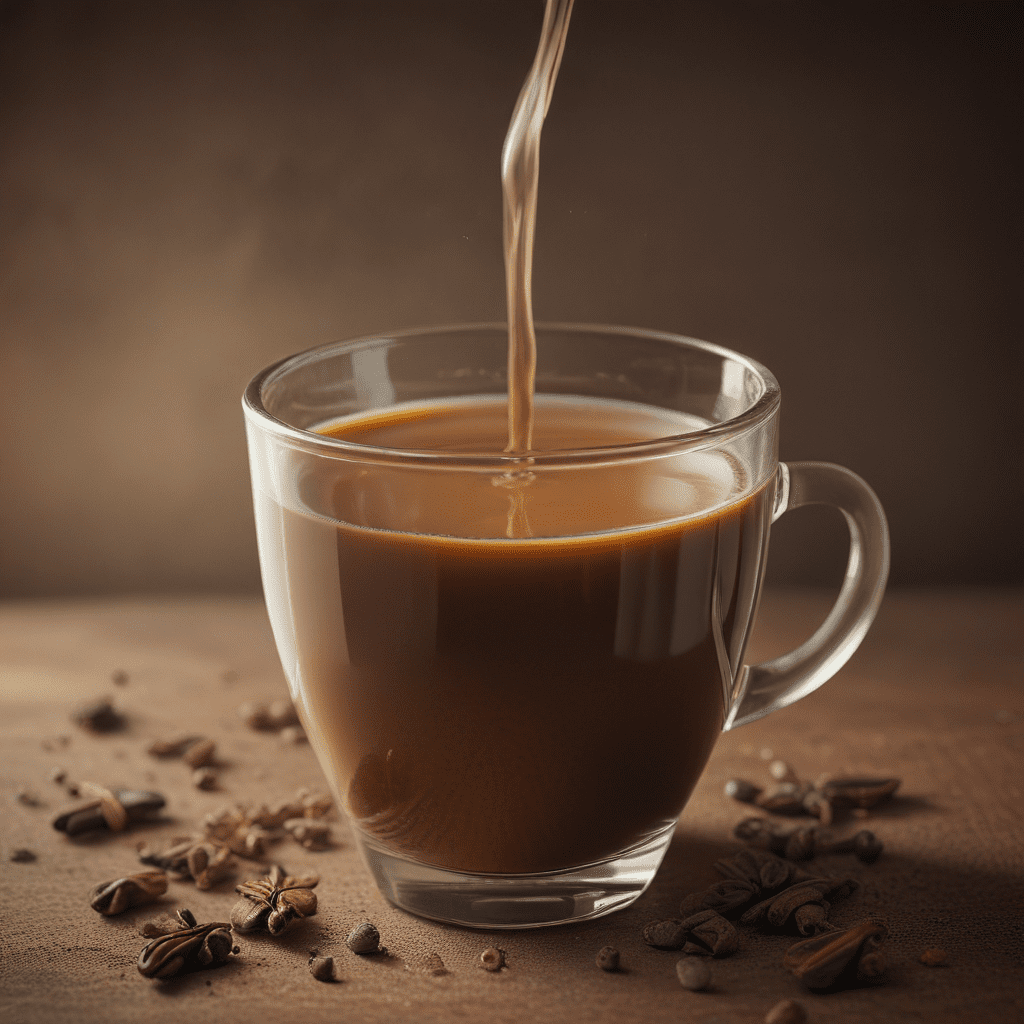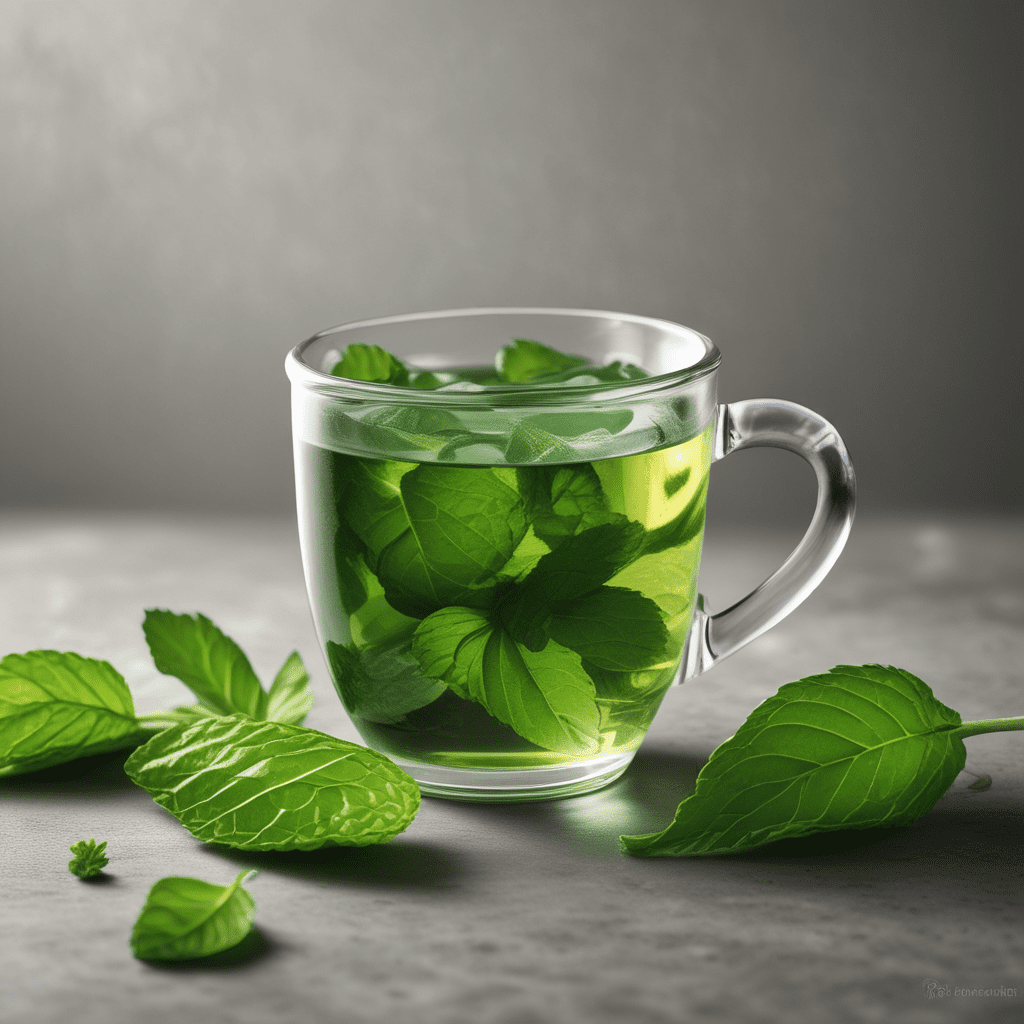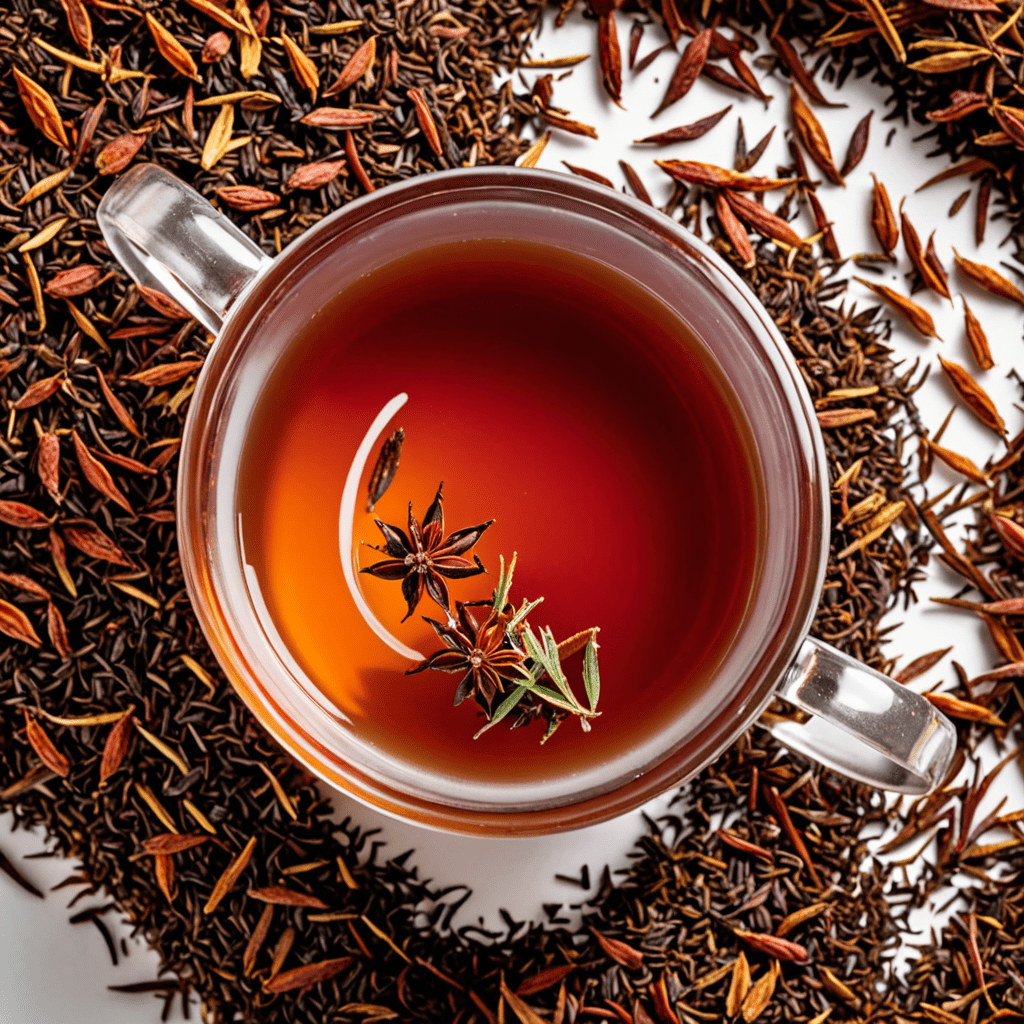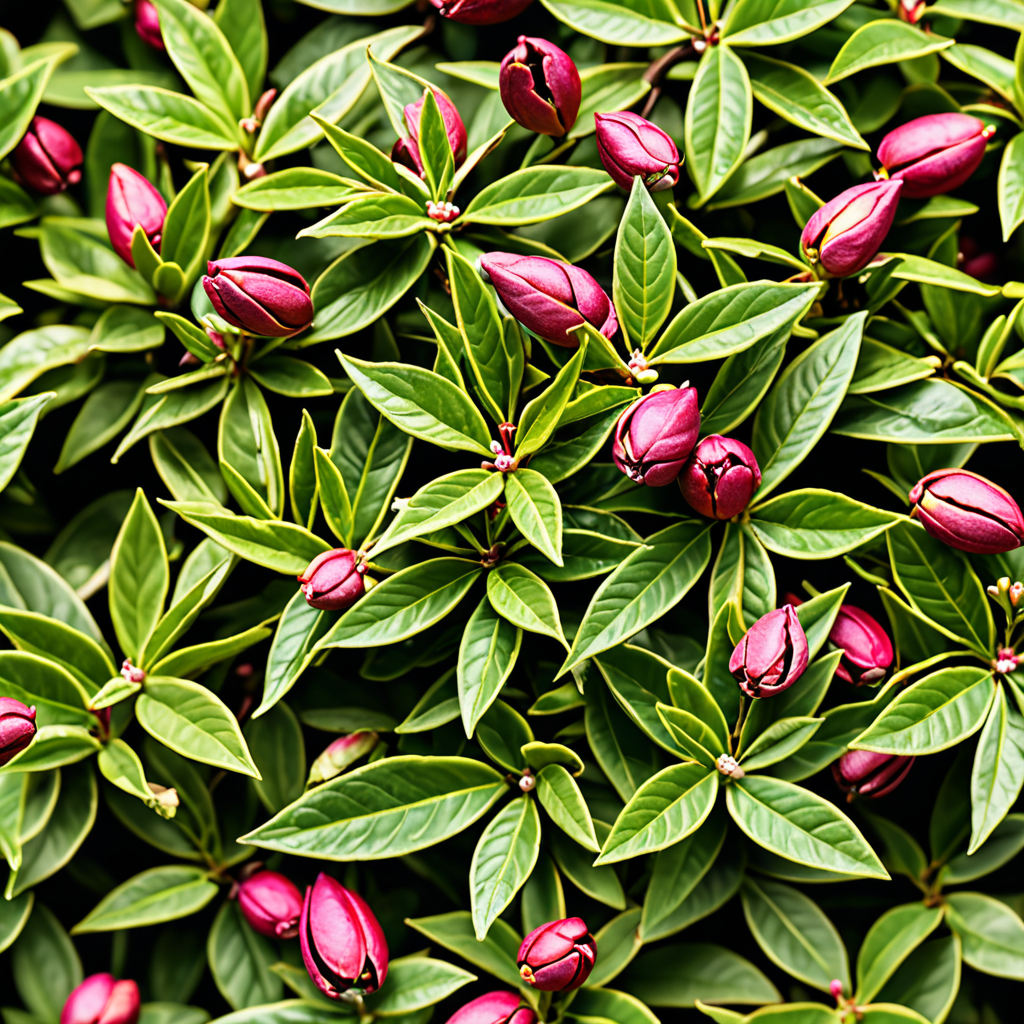Historical Roots of Chai Tea
Chai tea, a delectable blend of aromatic spices and black tea, has a rich and storied history deeply intertwined with the cultural tapestry of India. Originating in the Indian subcontinent, chai's origins can be traced back to the ancient Ayurvedic practice of using herbs and spices for their medicinal properties. Over centuries, chai evolved into a cherished beverage, steeped in tradition and enjoyed by people from all walks of life.
Variations Across Time
Chai tea's journey through time has given rise to a myriad of variations, each reflecting the unique cultural influences of different regions. In northern India, chai is typically prepared with a strong black tea base, infused with a robust blend of spices such as cardamom, ginger, cinnamon, and cloves. Southern Indian chai, on the other hand, often incorporates coconut milk or condensed milk, lending it a creamy sweetness.
The Delicate Art of Blending
The art of blending chai is a delicate balance, requiring a keen understanding of the harmonious interplay between different spices. Traditional chai blends typically feature a base of black tea, complemented by a chorus of aromatic spices. Cardamom, with its warm and slightly pungent notes, is a cornerstone of many chai blends, while ginger adds a lively spiciness. Cinnamon contributes warmth and a hint of sweetness, while cloves provide a touch of depth. Nutmeg and saffron are also occasionally added, enriching the blend with their delicate flavors.
The Health Benefits of Chai Tea
Beyond its captivating aroma and taste, chai tea has also been attributed with a range of health benefits. Its constituent spices, particularly ginger, cinnamon, and cardamom, possess anti-inflammatory and antioxidant properties. Chai tea has been traditionally used to alleviate digestive ailments, reduce stress, and boost immunity. Some studies have even suggested that regular consumption of chai tea may lower cholesterol levels and improve heart health.
The Rituals and Traditions of Chai
Chai tea is more than just a beverage; it's a deeply ingrained cultural tradition in many parts of the world. In India, chai is often served as a welcome gesture, fostering a sense of community and hospitality. It's a staple at tea stalls and roadside vendors, where locals gather to sip and socialize. In some regions, chai is also consumed as a morning or evening ritual, its warming spices providing a comforting start or end to the day.
Sensory Exploration of Chai Tea: A Symphony for the Senses
Chai tea is a symphony of flavors and aromas that tantalizes the senses. Its warm and inviting fragrance, with notes of cardamom, ginger, and cinnamon, evokes a sense of comfort and coziness. The first sip reveals a complex tapestry of flavors, ranging from the spicy warmth of ginger to the sweet notes of cinnamon. As the tea lingers on the palate, a subtle hint of cloves emerges, adding depth and complexity to the experience.
The Chai Experience: Mind, Body, and Spirit
Beyond its sensory appeal, chai tea has a profound impact on the mind, body, and spirit. Its warming spices invigorate the senses, promoting alertness and focus. The antioxidants present in chai tea may help protect cells from damage, contributing to overall well-being. Furthermore, the ritual of sipping chai tea can create a sense of calm and relaxation, fostering mindfulness and reducing stress.
Chai as a Cultural Phenomenon
Chai tea has transcended its origins to become a global cultural phenomenon. It is enjoyed in cafes and homes worldwide, inspiring countless variations and adaptations. The popularity of chai tea has led to the creation of chai-flavored desserts, pastries, and even cocktails. Its versatility and appeal have made chai tea an integral part of modern culinary culture.
The Future of Chai Tea: A Global Beverage with Limitless Possibilities
The future of chai tea is bright, with endless possibilities for innovation and growth. As the global palate continues to evolve, chai tea is poised to remain a beloved beverage, transcending cultural boundaries. New variations and blends are constantly emerging, catering to diverse tastes and preferences. The increasing awareness of chai tea's potential health benefits may also contribute to its continued popularity.
Conclusion: Chai's Timeless Allure and Lasting Impact
Chai tea is a timeless elixir that has captivated hearts and palates for centuries. Its rich history, diverse variations, and sensory delights have made it an enduring beverage, enjoyed by people from all walks of life. Whether enjoyed as a comforting ritual or as a celebration of global flavors, chai tea continues to inspire, invigorate, and connect people worldwide. Its legacy is sure to endure for generations to come.
FAQ: Frequently Asked Questions about Chai Tea
What is the difference between chai tea and regular tea?
Chai tea is a blend of black tea with a variety of spices, such as cardamom, ginger, cinnamon, and cloves. Regular tea, on the other hand, is made solely from the leaves of the Camellia sinensis plant.
How do I make chai tea at home?
To make chai tea at home, you will need black tea, milk, and your desired spices. Steep the tea in hot water for 5-7 minutes, then add milk and spices to taste. Simmer for an additional 5 minutes, strain, and enjoy.
What are the health benefits of chai tea?
Chai tea is rich in antioxidants and may have several health benefits, including reducing inflammation, improving digestion, and boosting immunity.
Can I drink chai tea if I am pregnant or breastfeeding?
It is generally safe to drink chai tea while pregnant or breastfeeding, but it is always best to consult with your healthcare provider before consuming any herbal teas.
How long does chai tea stay fresh?
Chai tea should be stored in an airtight container in a cool, dry place. Properly stored chai tea will stay fresh for up to 2 weeks.



